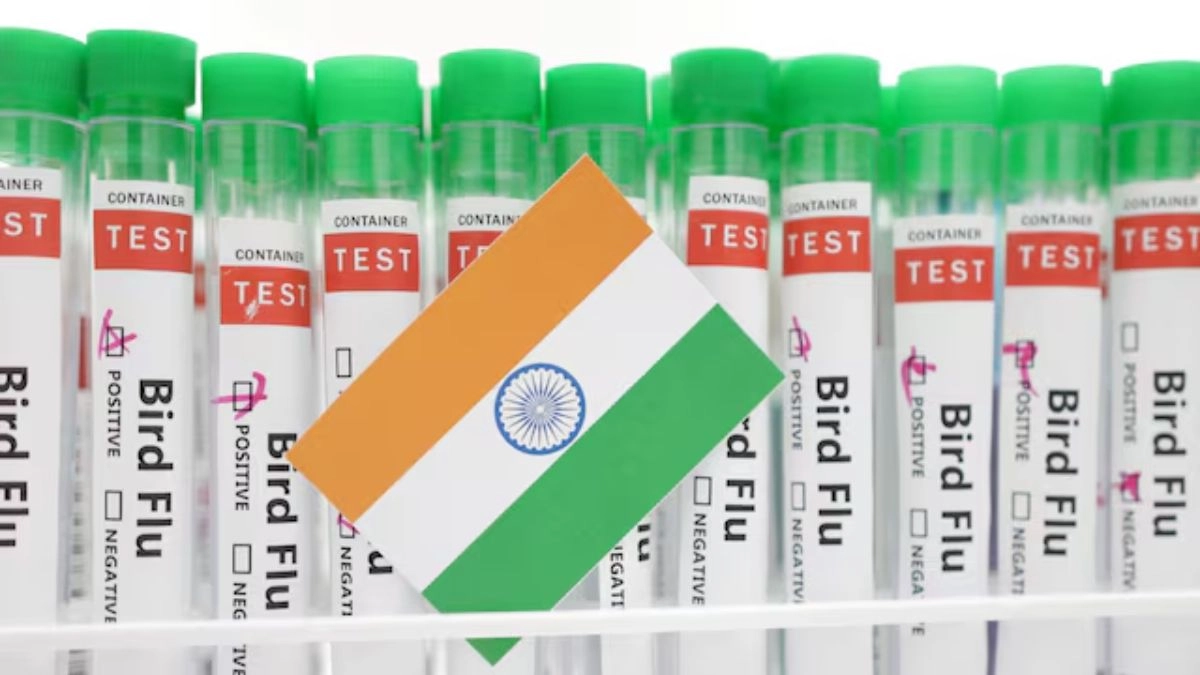- By Imran Zafar
- Wed, 12 Jun 2024 10:19 AM (IST)
- Source:JND
A four-year-old child in West Bengal has been infected with the H9N2 bird flu virus, the World Health Organization (WHO) reported on Tuesday. This marks the second human case of H9N2 in India, the first being recorded in 2019. The child was treated for severe respiratory symptoms, fever and abdominal cramps in the paediatric intensive care unit (ICU) of a local hospital and was discharged three months after diagnosis and treatment.
The WHO highlighted that the child had exposure to poultry at home while no other individuals in the patient's immediate environment have reported any respiratory symptoms. Details regarding the child’s vaccination status and the specific antiviral treatments administered remain undisclosed so far, reported news agency Reuters.
While the H9N2 virus generally causes mild illness in humans, the organisation warns that sporadic human cases may continue to appear given the widespread presence of the H9N2 virus in poultry across various regions.
The World Health Organization (WHO) recently reported the first human fatality attributed to bird flu. A 59-year-old individual from Mexico passed away due to the avian influenza A (H5N2) strain. The Mexican health officials announced that the individual experienced a range of symptoms including fever, difficulty breathing, diarrhoea, nausea and sickness before he passed away on April 24.
ALSO READ: Hardoi: Eight Of Family Killed After Sand-Laden Truck Toppled Over Roadside Hut
Symptoms Of Bird Flu In Humans
Avian flu, also known as bird flu, can affect humans when they come into contact with infected birds or their environments. Common symptoms include mild flu-like upper respiratory symptoms, redness in the eyes (conjunctivitis), high fever (temperature 100ºF [37.8ºC] or higher), cough, sore throat, muscle or body aches, headache, fatigue, shortness of breath or difficulty breathing, diarrhoea, nausea, vomiting and in severe cases, seizures.
(With Agency Inputs)
